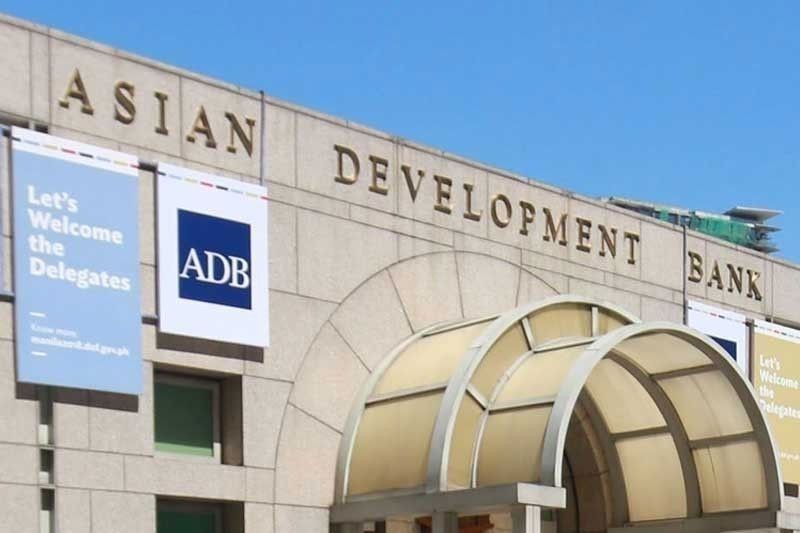Address climate change to keep inflation manageable – ADB

MANILA, Philippines — The Philippines will have to work double time in addressing the impacts of climate change, as consumers are bearing the brunt of high costs of basic needs due to the environmental crisis.
In its recent blog, Manila-based Asian Development Bank said a “climate change inflation” is now more evident than ever, as prices of food and other products and services are soaring and are more volatile.
ADB Economic Research and Regional Cooperation department advisor Yesim Elhan-Kayalar said this can be said for both rich and poor countries like the Philippines amid its effects on biodiversity, energy, food, water, housing, and public health.
True enough, the Philippines dealt with stubbornly high inflation all year round, breaching government targets for the whole of 2021.
This is largely due to high food inflation, particularly meat, and increased transport inflation amid soaring oil prices. Prices of commodities also shoot up whenever the country is hit by typhoons and other natural calamities.
Elhan-Kayalar argued the cyclical effects of climate change, extreme weather events, and global warming, have an impact on agriculture, tourism, and other weather dependent industries.
“Higher temperatures and erratic precipitation levels reduce annual yield and quality of key food crops, cause crop failures, reduce access to food, and even help proliferate weeds and pests, which further erode crop yields,” Elhan-Kayalar said.
She noted that such scenarios result in higher food prices and declining food security, which would most significantly affect the poorest and most vulnerable sectors of society.
The United Nations Food and Agriculture Organization estimated that global food prices spiked over 30 percent in just a year into the pandemic.
Consequently, Elhan-Kayalar said high prices affect global trade as those dependent on imports are left vulnerable as exporting economies often take advantage of the disruption in the market through competitive prices.
On the other hand, she noted that energy prices are expected to increase further as household and commercial demand for cooling and refrigeration systems continue to rise in response to global warming.
“Energy is a key input for manufacturing and industry, hence increased energy prices are passed up the value chain and to the end-users. Yet another transmission channel for climate change inflation,” Elhan-Kayalar said.
The UN recently reported that the cost of climate change adaptation in developing countries such as the Philippines can reach a high of $300 billion per year in 2030 and $500 billion in 2050.
Unfortunately, Elhan-Kayalar warned that Asia Pacific is most vulnerable to climate change inflation that may lead to higher economic losses, lower crop yields, and growing food security and health concerns.
While climate change is not the only driver of inflation, the ADB advisor emphasized that it creates its own brand of inflation and exacerbates the problem globally.
“Climate change is at the family dining table now. It is in the consumer’s wallet. Climate change inflation requires a policy response now,” she said.
- Latest
- Trending

























